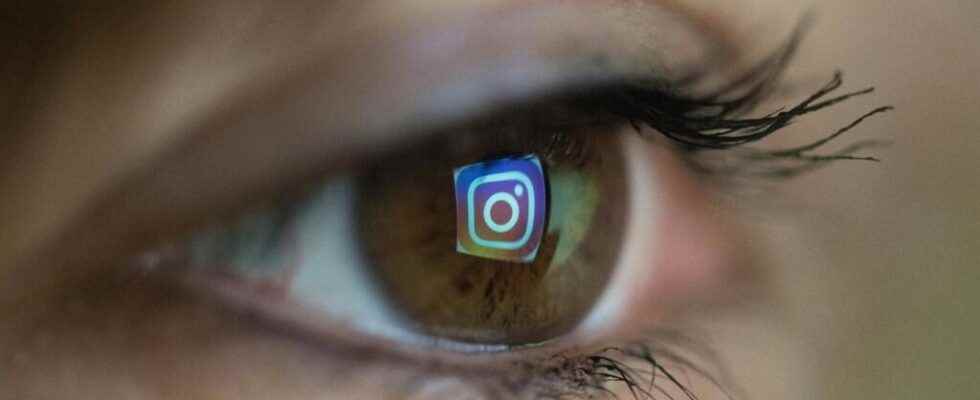The Ministry of the Economy has been organizing working groups since January to regulate abusive commercial practices on social networks. An online public consultation is also open to anyone wishing to give their opinion on the matter. The profession sees this as an opportunity to free itself from certain creators of unscrupulous, even dangerous content.
The specialized platform Reech has counted them: in France, there are 150,000 influencers. Among them, 500 are from reality TV and 50 live in Dubai, a luxurious showcase, but a trompe-l’oeil of this environment. But that’s the tip of the iceberg. The one from which the majority of content creators and their agents want to dissociate themselves.
In mid-January, they come together in a professional union, under the chairmanship of Carine Fernandez. “ We too are fed up with influ-thieves and the amalgam that is made, she laments. Often errors are purely due to lack of information or creators who can sometimes find themselves being followed overnight, without having too much knowledge of the rules that must be followed. And we just want to help give them access to the rules and ensure that they are respected in order to collaborate with the brands. »
For this, the Professional Advertising Regulatory Authority has drawn up a certificate of responsible influence. Training in the legal and ethical framework, sanctioned by an exam and which can be withdrawn in the event of a breach. Three hundred and seventy influencers are now certified and registration requests are growing. A sign, for Mohammed Mansouri, deputy director of this authority, that they wish to be as transparent as possible and to know the legal details which are important.
“ In cosmetics, we do not have the right to use the term “cruelty free” which means “not tested on animals”. Animal testing in Europe has been banned since 2013, so making an argument about it becomes a form of abusive distinction. And we don’t have the right to use a filter for cosmetic products and derive a product argument from it, because it’s misleading, he lists. We have no right to say that such a cream protects the oceans, it is an excessive environmental claim. We do not have the right to represent children in commercial collaborations if we do not go through an approved modeling agency. If we don’t, it’s hidden work. »
It remains to give the means to the fraud repression service to distribute the sanctions. It also remains, for Gaëlle Prudencio, a certified influencer, to take into account another aspect of the profession. ” The question of body and appearance, of image, is very present on social networks. The excessive use of filters has consequences for the people who follow us because a teenager is not yet very clear with his identity. These influencers who will post photos that are very retouched, for me they are “red flag”. »
From her apartment in Thiais, south of Paris, far from the infinity pools of the emirates, she recalls that a high number of subscribers is no guarantee of legitimacy.
